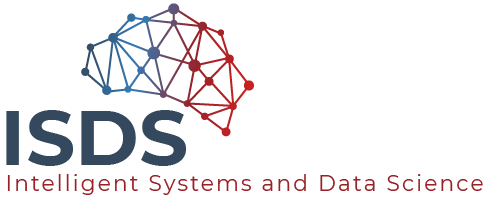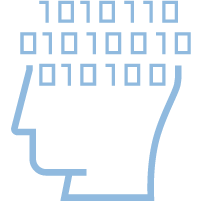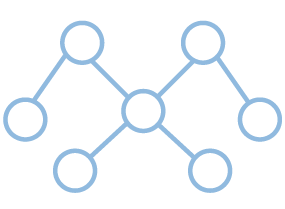Springer Nature and KMi extend their strategic collaboration until March 2022
KMi’s Scholarly Knowledge Mining team (SKM) and Springer Nature have formally agreed to extend their strategic collaboration agreement until March 2022. The new contract defines the latest chapter in a highly successful strategic partnership, which started back in 2014 and has since gone from strength to strength. During these years the SKM team has established itself has one of […]


 Scholarly Knowledge Mining
Scholarly Knowledge Mining
 Digital Humanities
Digital Humanities
 Data Science
Data Science
 Smart Cities and Robotics
Smart Cities and Robotics
You must be logged in to post a comment.